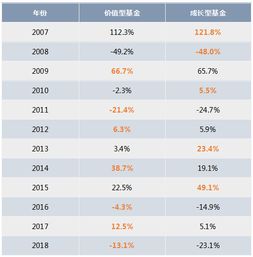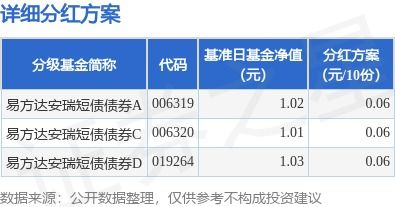特朗普称美加存在竞争的“天然冲突” 但预计能在关税上找到解决方案
U.S. President Donald Trump Expresses Optimism on Resolving Trade Disputes with Canada
During a meeting with Canadian Prime Minister Justin Trudeau in the Oval Office on Tuesday, U.S. President Donald Trump expressed confidence that the two nations could resolve their ongoing trade disputes in industries such as steel, aluminum, and automobiles.
Trump described the disagreements between the two countries as a "natural conflict," emphasizing that both nations are competing in the same markets. He then humorously suggested a "very simple solution" to the issue, which he implied was the idea of making Canada the 51st state of the United States—a proposal that has been widely opposed by Canadians.

"If we want to build cars, we want to build cars," Trump said, sitting alongside Trudeau. "We're competing, and our strength is this massive market."
This meeting marks Trudeau's second visit to the White House since he took office earlier this year. During the discussion, Trudeau highlighted Canada's role as the largest foreign investor in the U.S., suggesting that investments could potentially increase to $1 trillion over the next five years if a trade agreement is reached.
"We have competitive sectors where we need to reach an effective agreement, but in many other areas, we work hand in hand, and that's what we're focused on," Trudeau said.
The trade talks between the two nations have been a focal point of international attention, particularly given the ongoing tensions over steel and aluminum tariffs imposed by the U.S. on Canada. While Trump has shown openness to resolving the disputes, his suggestion of integrating Canada into the U.S. has sparked significant backlash from both political and public opinion circles in Canada.
The meeting underscored the complex relationship between the two neighboring nations, where while they share economic and cultural ties, their trade policies and political priorities often lead to friction. The outcome of these negotiations could have far-reaching implications for industries on both sides of the border.
相关文章:
文章已关闭评论!










